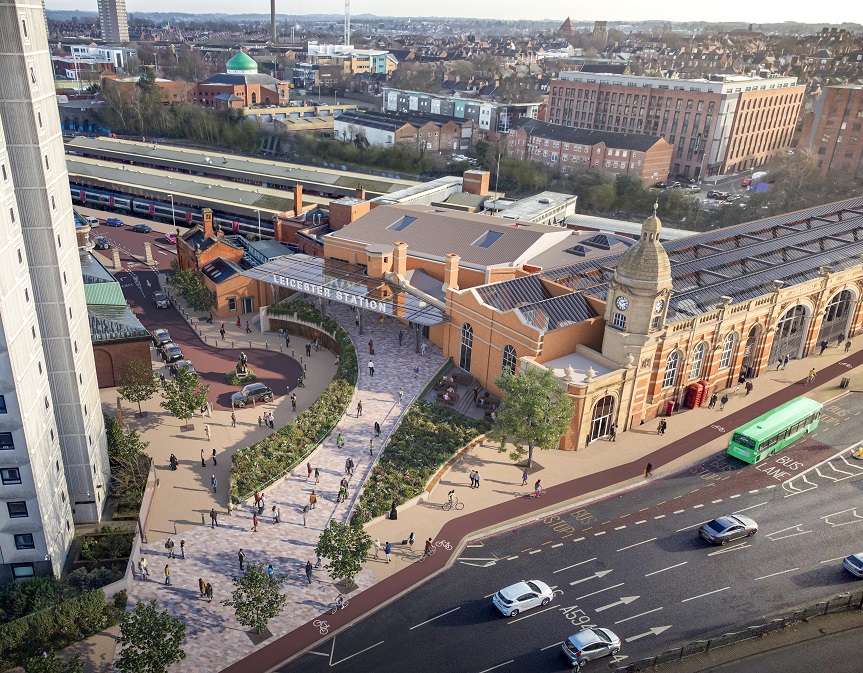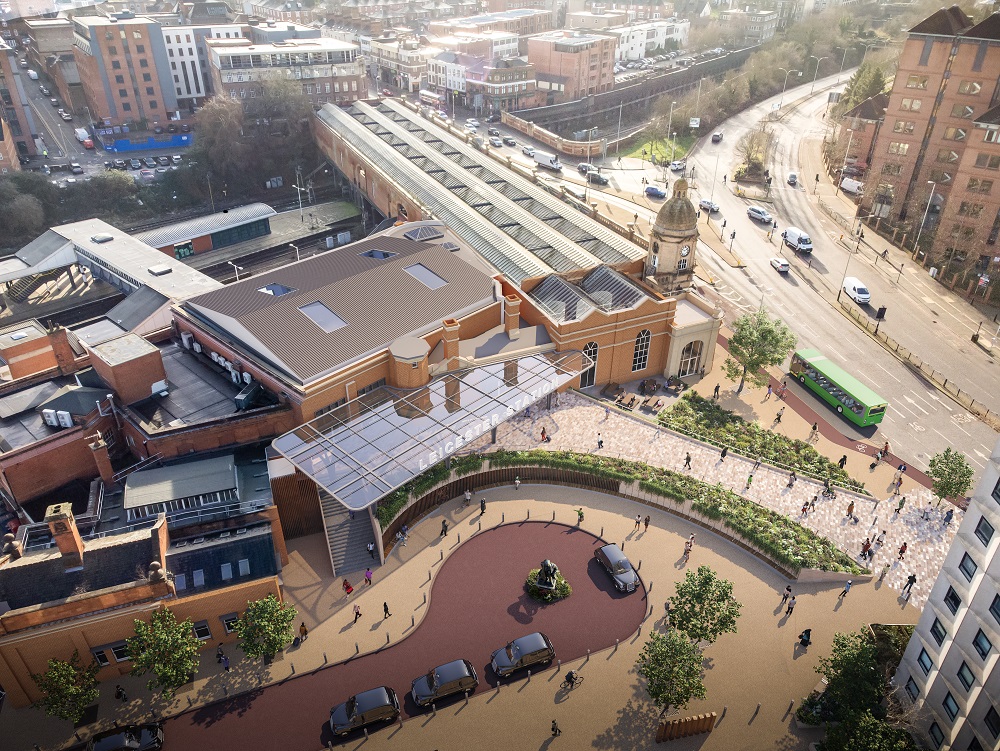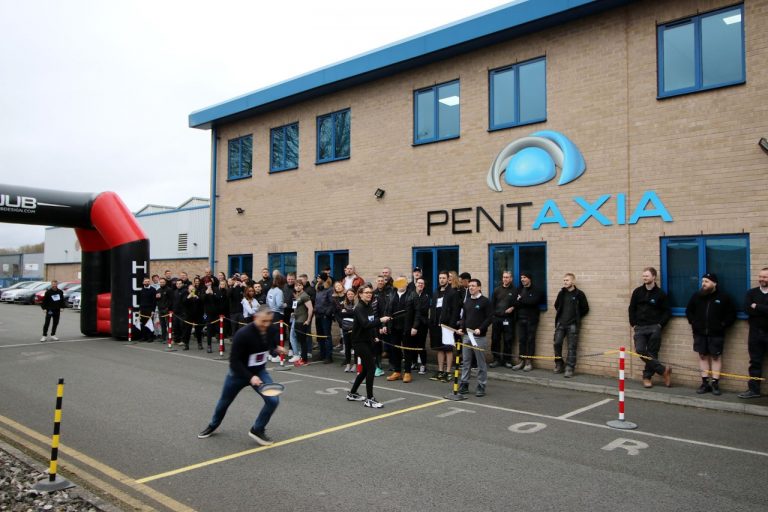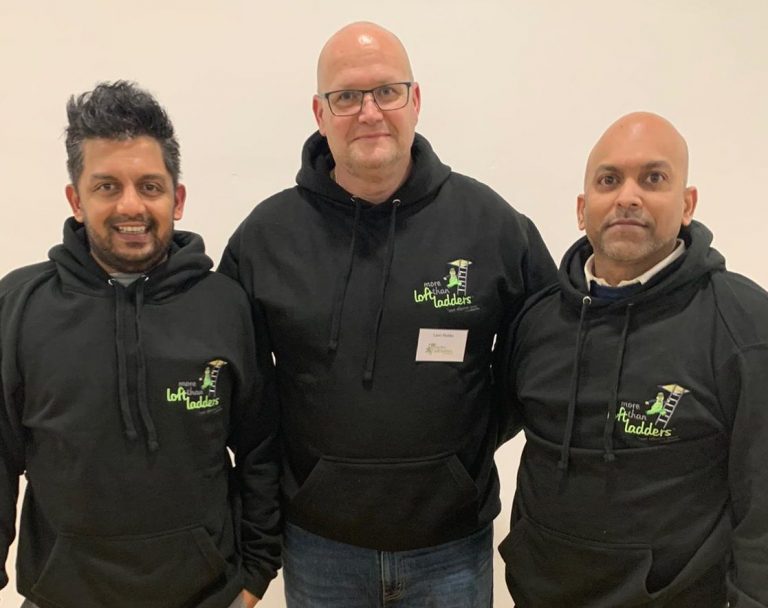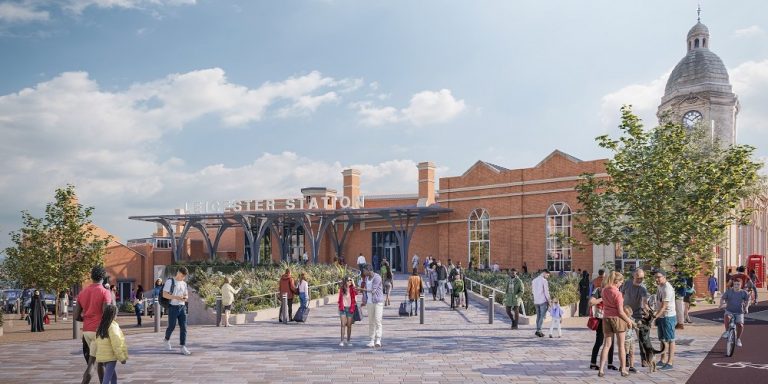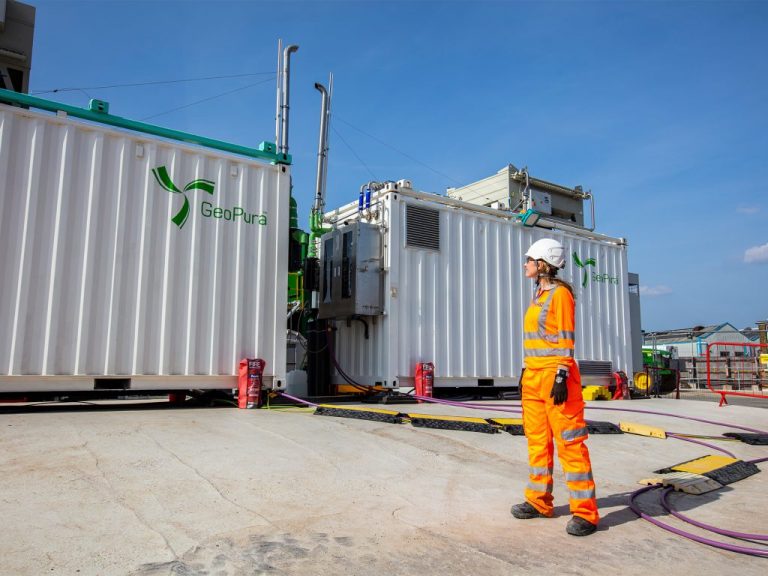Orders, revenue, profit and cash flow improve at Rolls-Royce
Rail hub consultation is “incomplete and inadequate”
- Time available for consultation was inadequate given the scale of the proposal and the information that had to be absorbed
- Some of the information available during consultation was incomplete, for example, highway modelling
- The baseline information used was incomplete in parts
- This rendered the consultation ineffective which falls short of the government guidance and case law on what constitutes effective consultation
Second phase of Unity Square office development approved
Go ahead given to extend Nottingham building for student scheme
Derby businesses go flat out to win flipping fantastic fundraising pancake race
Businesses across Derby went head-to-head in an annual Shrove Tuesday pancake race raising money for city children in the process.
Public relations agency Penguin PR battered the competition to lift the trophy, beating teams from doughnut makers Project D, sportswear giant HUUB and digital marketeers Alphageek.
The annual event was organised by staff at carbon composite company Pentaxia, in Alfreton Road, and was designed to raise money for YMCA Derbyshire’s new nursery provision, Derwent Stepping Stones.
Each firm taking part donated to the registered charity which will allow nursery staff to purchase a new water wall for the children’s outdoor play area, replacing a broken one.
Penguin PR director Sarah Newton said: “We’ve taken part in a few fundraising activities for the YMCA including the annual sleep easy event and the community meal; it’s such a brilliant cause.“We thoroughly enjoyed the race and, even though the combined age of our team was significantly higher than most of the others, it was flipping brilliant to win.”
It is the fourth time the annual race has taken place and other businesses taking part included Natwest, two teams from Pentaxia and a team from YMCA Derbyshire.The 25m relay was held over three heats, with each team member required to flip the pancake at the start, the middle and the end.
The winners received a carbon trophy and medals, while every competitor received a pot of honey made by Pentaxia’s own bees, who live in five hives at the Alfreton Road site.
Pentaxia Managing Director Tim Ollier said: “As a company we are very keen to give back to the local community and if we can have some fun and rope in some other local businesses then all the better.
“This year’s pancake day challenge was absolutely brilliant, and we’d like to thank everyone involved. We can’t wait for next year to try and win the trophy back.”
New report reveals recommendations to manufacture a digital future for industry
- Connect technology to manufacturers: To create opportunities, increase productivity and solve industry challenges.
- Reduce digital manufacturing knowledge barriers: To make solutions simple and intuitive for all users.
- Consolidate digital manufacturing guidance: So that manufacturers can access the relevant expertise to implement solutions.
- Support employee wellbeing during transition: To help them engage with digital transformation and not be left behind.
- Transparency of value chain data: To greater understand environmental and social impacts of manufacturing decisions and drive more sustainable choices.
Locally-owned franchise expands into London
New images reveal how Leicester railway station will look after radical overhaul
